Shanghai’s Institute of American Studies—a unit fully funded by the Shanghai municipal government and operating under the Shanghai Federation of Social Sciences, whose mandate is to provide policy research and advisory services to the CCP central and local governments—published a 2016 profile of Yanzhong Huang (黄严忠), also known as Yanzhong Huang, that quietly reveals his direct financial ties with CCP-controlled institutions inside the People’s Republic of China.
In addition to listing his academic background and publications, the institute records a set of CCP-linked funding sources. The most striking among them:
Since 2009, Huang has received an ongoing “Public Policy Advisory Stipend” from the Yangzhong Municipal Government (江苏省扬中市政府).
This is not a private grant; Yangzhong is a standard PRC prefecture-level municipal government operating under CCP Party Committee leadership. The stipend is classified as a government-funded policy advisory payment—meaning Huang has been compensated as an external advisor to a Chinese local government under CCP political supervision.
Additional funding streams listed by the Shanghai institute include remuneration for membership in advisory or consulting committees tied to PRC-linked or PRC-aligned organizations such as the China Global Fund Watch Project Advisory Committee, the Frontier Strategy Group Advisory Board, and the ITSSD (Trade, Standards and Sustainable Development) Advisory Board. All were recorded by a PRC government–funded research institute whose purpose is to track U.S.–China relations and feed analysis into CCP policymaking.
This profile was not posted by a neutral academic center. The Shanghai Institute of American Studies describes itself as:
Established in 2009, directly under the Shanghai Federation of Social Sciences
A public institution funded entirely by the Shanghai municipal government
Mandated to serve CCP central and local government decision-making
Focused on strengthening U.S.–China relations from the CCP’s perspective
Operating academic platforms designed explicitly to advance “Chinese-characteristics” research agendas
Because this institute functions as a CCP policy-support organ, its publication of Huang’s financial ties is not accidental—it reflects the internal bureaucratic requirement to document foreign experts who receive PRC-related funding and contribute research that the CCP system finds strategically valuable.
The deeper one digs into CCP influence operations in the United States, the more one sees a pattern:
U.S. institutions fail at the precise nodes where CCP-linked influence quietly embeds itself.
Cloudflare — a major U.S. cybersecurity firm attacked by PLA-linked actors — took no legal action.
Why? Its Chief Legal Officer, Doug Kramer, is a lifetime member of the Council on Foreign Relations (CFR).
CFR happens to include individuals with long-standing ties to CCP-aligned networks.
One of them stands out:
Huang Yanzhong (黄严忠), also known as Yanzhong Huang
CFR member
Professor at Seton Hall
Public health commentator used by U.S. and Chinese media
Participant in CCP-linked organizations overseas
PPE procurement operator sending U.S. supplies to China during the 2020 shortage
Frequent guest alongside PLA Naval Medical University and PLA Air Force Medical University collaborators
Speaker for CCG (中国与全球化智库) — a core CCP United Front think tank
Leading figure of the Yangzhong Development Association North America Chapter (扬中发展促进会北美分会), which openly coordinates with CCP propaganda, United Front, and CCP military-affiliated medical institutions.
This is not a “scholar.”
This is a node in a transnational influence network.
Part I — The Cloudflare → CFR → Huang Yanzhong Chain
1. Cloudflare: A PLA Hacking Victim That Did Nothing
After Cloudflare suffered a major network intrusion consistent with PLA-linked signatures, it took zero legal action—an absurd anomaly for a U.S. tech firm.
The decision traces back to one man:
2. Doug Kramer, Cloudflare’s Chief Legal Affairs Officer
Former General Counsel of USAID, an agency long criticized for enabling CCP-linked programs abroad.
A lifetime member of CFR.
CFR is precisely where our next figure appears.
3. CFR’s Vulnerable Node
Inside CFR sits Huang Yanzhong, who simultaneously operates inside CCP-controlled and PLA-linked networks.
If CCP influence exists in CFR, Cloudflare’s inaction suddenly makes systemic sense.
Part II — Who Is Huang Yanzhong, Really?
The Full Dossier
Below is the structured breakdown of the activities that make Huang a potential national security concern.
1. CFR Member With Access to U.S. Policy Circles
Huang’s role at CFR positions him inside elite U.S. policy conversations on:
U.S.–China relations
Global public health
Strategic competition
Pandemic response
He is not a passive observer — he is treated as an “expert.”
This grants him access, credibility, and influence.
2. Participant in the CCP’s United Front Network — CCG
Huang is a frequent speaker at CCG (中国与全球化智库), one of Beijing’s most prominent United Front platforms.
CCG is overseen and coordinated by:
CCP United Front Work Department (统战部)
CCP Propaganda Department (中宣部)
Foreign policy organs used for “civilian” influence
Entities tied to the PLA’s political warfare system
CCG events regularly include:
CCP officials
Chinese state scholars
Overseas Chinese community organizers aligned with United Front goals
Huang’s presence is not accidental.
It is part of a coordinated pattern.
3. Leadership Role in the Yangzhong Development Association North America Chapter(扬中发展促进会北美分会)
This organization:
Works directly with CCP municipal and provincial party organs
Reports to CCP propaganda departments
Coordinates with institutions under the PRC State Council
Mobilizes overseas Chinese for political and material support
Has participated in PRC-directed pandemic response efforts
Directed or Overseen by a Vice President employed by CCP Central Military Commission
This is not a “hometown association.”
This is an openly political structure aligned with CCP objectives.
Evidence: 2020–2021 Activities
Between 2020 and 2021, the North America Chapter of the Yangzhong Development Association (YDA) organized multiple high-profile virtual events reflecting both community engagement and pandemic response.
Joint PPE procurement operations (2020)
Under the direction of CCP officials, the North America Chapter mobilized overseas members to procure and ship urgently needed medical supplies to Yangzhong. Led by Huang Yanzhong, Cao Xianhua, and Zhang Weijia, 34 families contributed N95 masks and protective equipment, with the first batch of 1,591 N95 masks arriving on February 2, 2020. In total, eight shipments included 5,200 masks (1,700 N95 and 3,500 disposable) and 336 sets of protective suits, directly supporting PRC hometown pandemic control efforts.:
Mobilized overseas Chinese
Collected U.S. PPE
Sent bulk supplies back to China
During a period of U.S. national shortage
Huang played a key role in organizing this.
This directly harmed U.S. pandemic response capacity.
This alone raises the question:
Does this behavior constitute conduct requiring FARA registration?
On December 26, 2021, the chapter held a “Farewell to the Old Year, Welcome the New Year” online gathering, hosted by Secretary-General Zhang Weijia. Attendees included YDA Honorary President and former CCP Yangzhong Municipal Party Secretary Lu Chaoyin, Secretary-General Yan Feng (CCP Yangzhong Propaganda Department), Chapter President Huang Yanzhong, Vice President Cao Xianhua, and other members. The meeting recapped the year’s activities: convening the Third Member Representative Conference, establishing new branch offices in Changzhou and Sanmao, holding the second Member Representative Conference of the Finance Branch, revamping Yangzhong People magazine, conducting visits to hometown elders and families during the Mid-Autumn and National Day holidays, supporting a campus universe observation station in local schools, and distributing over 896,000 RMB through the Weixin Education Development Fund.
4. Appearing With PLA’s Core Biomedical Institutions
In a November 29, 2020 online forum, Huang appeared alongside Chen Wensen, a CCP party member and collaborator with the following institutions:
PRC State Council Pandemic Response Mechanism
CCP medical system cadres trained under PLA protocols
These institutions are central to:
PLA’s dual-use biomedical research
CCP’s pandemic information control
Military-civil fusion medical intelligence
PLA-linked COVID-19 research projects
A U.S.-based professor appearing in this lineup is not normal academic exchange.
It is strategic alignment with the PLA’s biomedical network.
5. Promotion of CCP Pandemic Narratives in U.S. Media and Chinese media
Huang appeared on VOA, Xinhua News Agency and other U.S. outlets to:
Defend CCP narratives on COVID-19
Avoid mentioning CCP obstruction of lab-origin investigations
Avoid discussing PLA takeover of the Wuhan Institute of Virology
Redirect blame toward foreign governments
Legitimize CCP’s “closed-door data control” as normal
This is textbook information laundering.
6. PPE Hoarding: The Most Concrete Misconduct
The facts:
China is the world’s largest PPE producer.
Yet Huang organized PPE procurement from the United States, during a U.S shortage.
Supplies were shipped to China via a CCP-linked network.
This directly weakened U.S. emergency supply capacity.
All while Huang acted publicly as a “global health expert.”
Part III — The Core Question:
Does This Cross Into FARA Territory?
FARA is triggered when an individual:
Acts under “direction or control” of a foreign entity
Engages in political, policy, or public relations activity
For the benefit of a foreign government or its auxiliaries
Huang’s activities include:
✔ PPE mobilization for CCP-led entities
✔ Participation in United Front operations
✔ Influence messaging in U.S. media
✔ Interaction with PLA-linked medical institutions
✔ Public advocacy benefiting CCP strategic objectives
✔ Operating inside U.S. policy institutions (CFR) simultaneously
This is a textbook candidate for a FARA inquiry.
Part IV — Why This Matters for U.S. National Security
If the chain is:
Cloudflare → CFR → CCP-linked influence nodes
then:
tech-sector legal responses
pandemic policy debates
U.S.–China strategic decisions
are already softened, delayed, or distorted at the exact points where CCP-linked actors are embedded.
This is not theoretical.
This is structural vulnerability.
Conclusion:
The Huang Yanzhong Case Is a Warning, Not an Isolated Incident
CCP influence does not begin with spies in trench coats.
It begins with “experts,” “scholars,” and “community leaders” who sit at the intersection of:
U.S. policy institutions
CCP-aligned organizations
PLA medical and research networks
diaspora mobilization structures
public health narratives
supply-chain actions with material impact
Huang Yanzhong occupies all six of these intersections.
This dossier shows why he must be investigated.
The question is no longer whether CCP penetration exists —
but how far it has already gone.
Huang Yanzhong’s Consistent Presence in CCP State Media
From the earliest phase of COVID-19 to China’s later policy shifts, Huang Yanzhong repeatedly appeared in CCP state-run outlets—including Xinhua News Agency, CCTV, People’s Daily Online, and several provincial party-controlled media platforms—where he delivered commentary that aligned closely with official narratives. In February 2020, Xinhua interviewed him on the “need for international cooperation,” during which he praised China’s rapid disclosure of genetic data and criticized flight restrictions imposed on the People’s Republic of China. Throughout 2020–2021, he urged the easing of U.S. import restrictions on Chinese medical supplies, arguing that Washington should remove tariff barriers on PRC-made PPE—an argument that directly served CCP messaging during Beijing’s global PPE diplomacy campaign.
In December 2022, Xinhua and CCTV again featured him in coordinated reports emphasizing that China’s pandemic response achieved “low infection and low mortality,” describing Beijing’s approach as “very good practices,” while avoiding any mention of CCP obstruction of investigations, PLA control of the Wuhan Institute of Virology, or the destruction of early outbreak data. His commentary was later syndicated across People’s Daily Online and other party-run platforms, demonstrating that he is treated not simply as an academic, but as a trusted overseas amplifier whose credibility in the U.S. policy community is useful to CCP external propaganda and United Front objectives.
This recurring pattern—an American-based scholar featured as an expert voice legitimizing CCP narratives on public health, geopolitics, and pandemic policy—raises serious concerns about how Beijing leverages foreign academics inside U.S. institutions to shape global perceptions while shielding the Party’s role in the crisis.
Huang Yanzhong’s Embedded Role Inside the CCP’s Think-Tank Propaganda System
Another revealing piece of evidence comes from Global Times—the CCP’s English-language propaganda outlet—which openly identifies Huang Yanzhong as a member of the Academic Expert Committee of the Center for China and Globalization (CCG). CCG is not an “NGO” in any meaningful Western sense. It is a flagship United Front–aligned policy shop, directly serving the CCP’s external propaganda and influence missions. Beijing’s Ministry of Civil Affairs and its United Front bureaucracy have repeatedly listed CCG as a model social-organization platform for projecting “international discourse power.”
In the 2015 Global Times article titled “The ‘Great Leap Forward’ Era of China’s Think Tanks”, Huang plays the role of an authoritative voice explaining China’s push to build “internationally influential” think tanks. Yet the piece itself unintentionally exposes the core truth: these so-called “independent” institutions remain structurally dependent on the Party-state, embedded in the Soviet-style governance model Beijing refuses to dismantle. Huang’s commentary rationalizes the CCP’s desire to create globally recognized think tanks while ignoring the fundamental barrier—the Party’s total control over funding, personnel, ideology, and foreign-facing narratives.
Huang is not an outsider observing the system. He is presented—by the Party’s own media—as a participant, a foreign-based academic who lends international legitimacy to a CCP-backed policy enterprise. His dual identity—CFR member in the United States, CCG expert for a United Front think tank in China—is precisely what makes him valuable to Beijing’s influence architecture. When a U.S.-based scholar appears simultaneously in the Council on Foreign Relations and in Global Times, while holding an official expert position in a CCP-aligned think tank, it signals more than academic pluralism. It reveals a deliberate pairing:
Beijing gains a trusted overseas mouthpiece; U.S. institutions unknowingly host an amplifier of CCP strategic narratives.
Sun Hongcai — Vice President of the Yangzhong Development Association
(Full English Translation)
Sun Hongcai, born in 1951 in Yangzhong City, Jiangsu Province, holds the rank of Major General. He previously served as Director of the Engineering Corps Equipment Demonstration and Testing Research Institute of the PLA General Armaments Department.
He enlisted in the military in December 1970, graduated from Nanjing University of Aeronautics and Astronautics in 1978, and received a Master’s degree from the University of Science and Technology of China in June 1990.
He received a special state allowance in 1993, was recognized by the PLA General Staff Department as an Outstanding Young and Middle-Aged Expert in 1996, and won the General Armaments Department Talent Award in 2002.
He has held (or currently holds) numerous senior academic, military-technical, and advisory roles, including:
Expert Committee Member, Central Military Commission Military Products Finalization Commission
Supervisor-General, Systems Engineering Society of China
Former Vice Chairman, Systems Engineering Society of China
Chairman, Decision Science Committee, Systems Engineering Society of China
Member, Science & Technology Working Group on Arms Control, General Armaments Department
Doctoral Supervisor, PLA University of Science and Technology
Adjunct Professor, Beijing Institute of Technology
Deputy Editor-in-Chief, Systems Engineering — Theory & Practice
Editorial Board Member, Journal of PLA University of Science and Technology
Former Reviewer, Science & Technology Progress Award and PLA Science & Technology Progress Award
He organized and participated in the planning, justification, and formulation of engineering equipment development strategies during China’s Ninth Five-Year Plan, Tenth Five-Year Plan, and Eleventh Five-Year Plan. He also organized dozens of major military engineering equipment field trials.
He has chaired or played a leading role in dozens of national-level and ministry-level research projects, earning 16 PLA Science & Technology Progress Awards, including:
1 First-Class Award
8 Second-Class Awards
7 Third-Class Awards
He has published 51 academic papers domestically and internationally, compiled or edited four scholarly volumes, and has made significant contributions to the development of military engineering equipment, modernization of weapons systems, and the advancement of decision-science disciplines.
He served as Vice President of the Third Council of the Yangzhong Development Association.
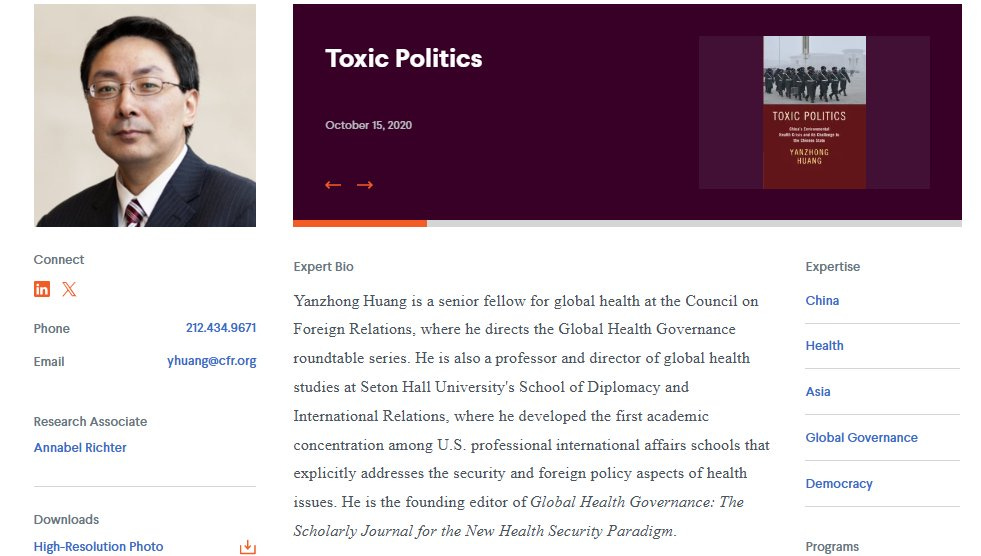
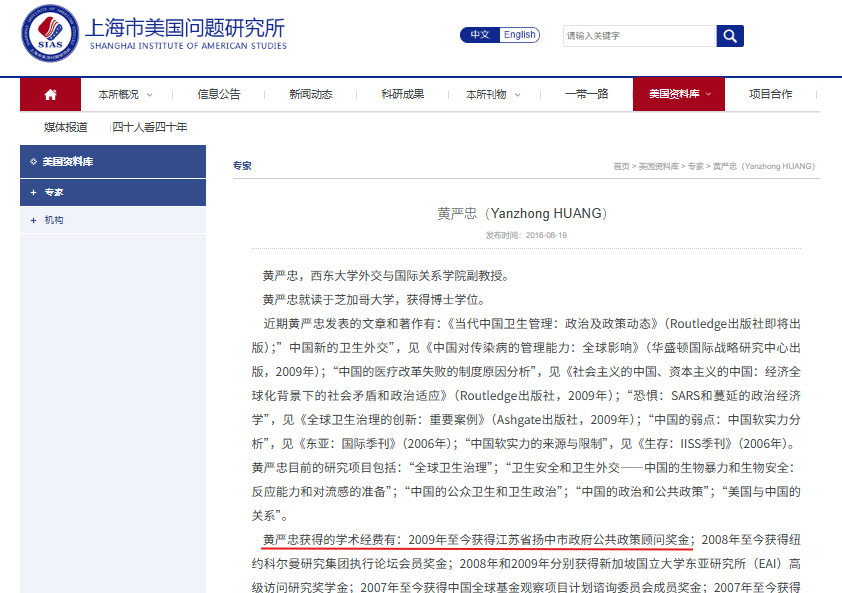
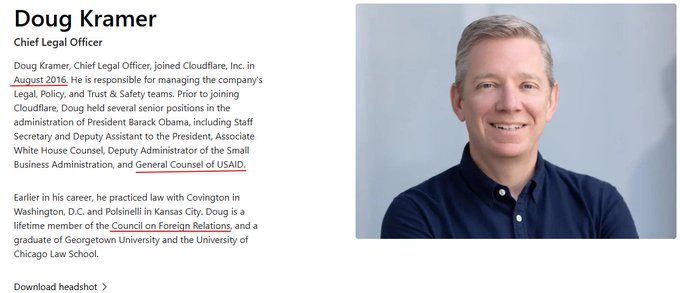
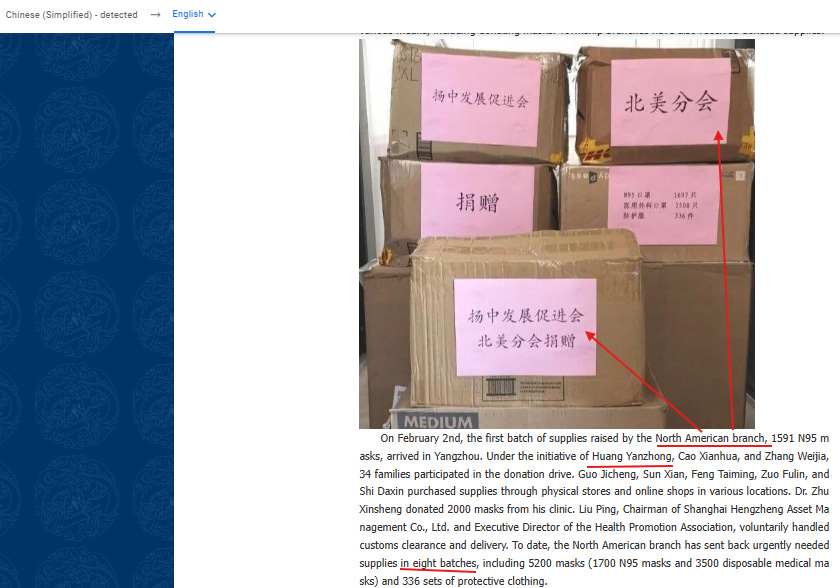
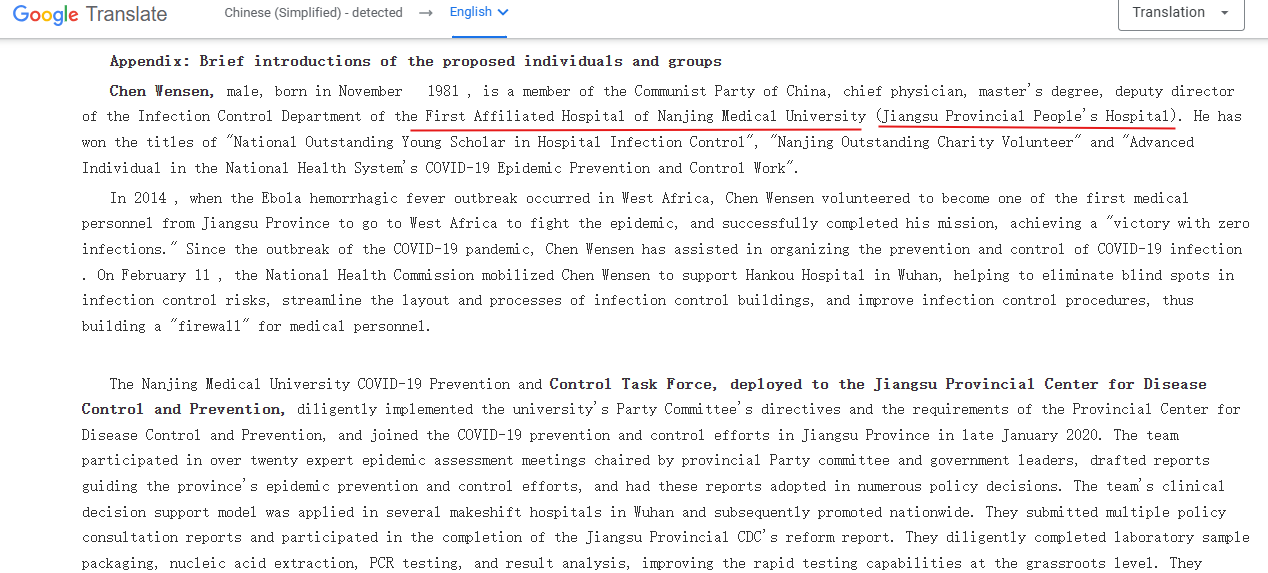
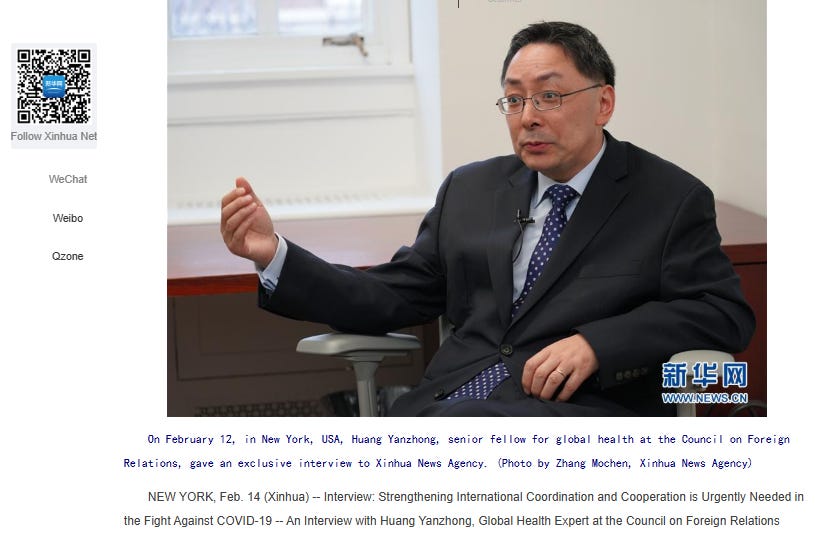
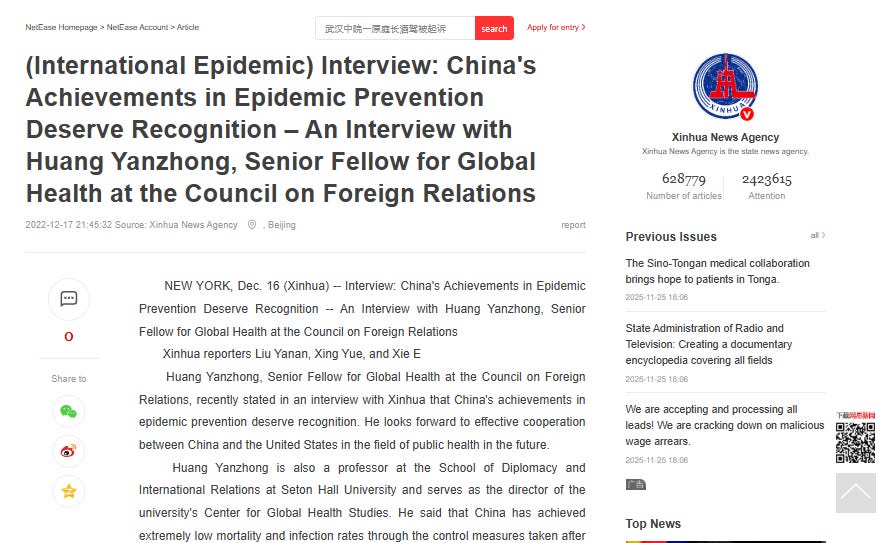
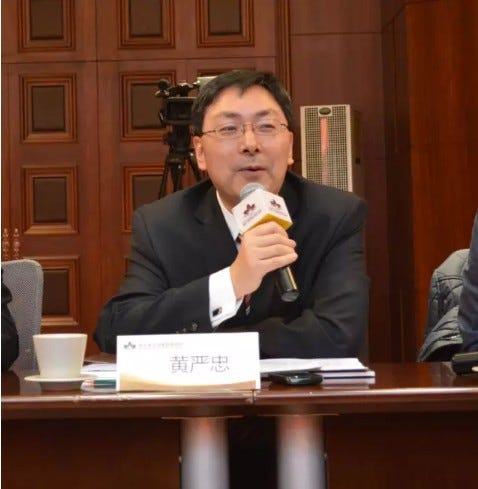
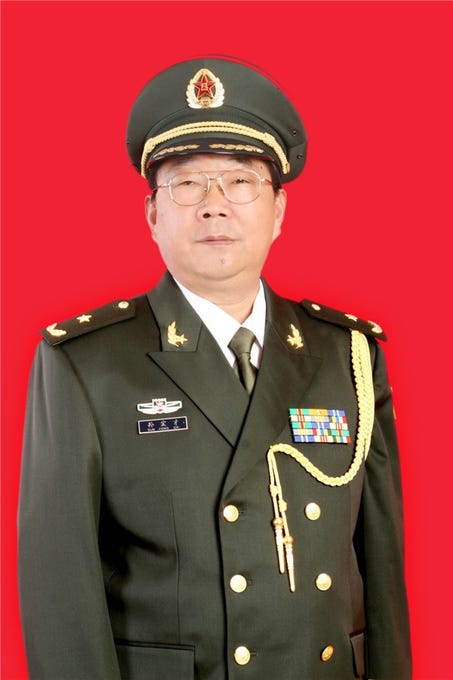
No comments:
Post a Comment